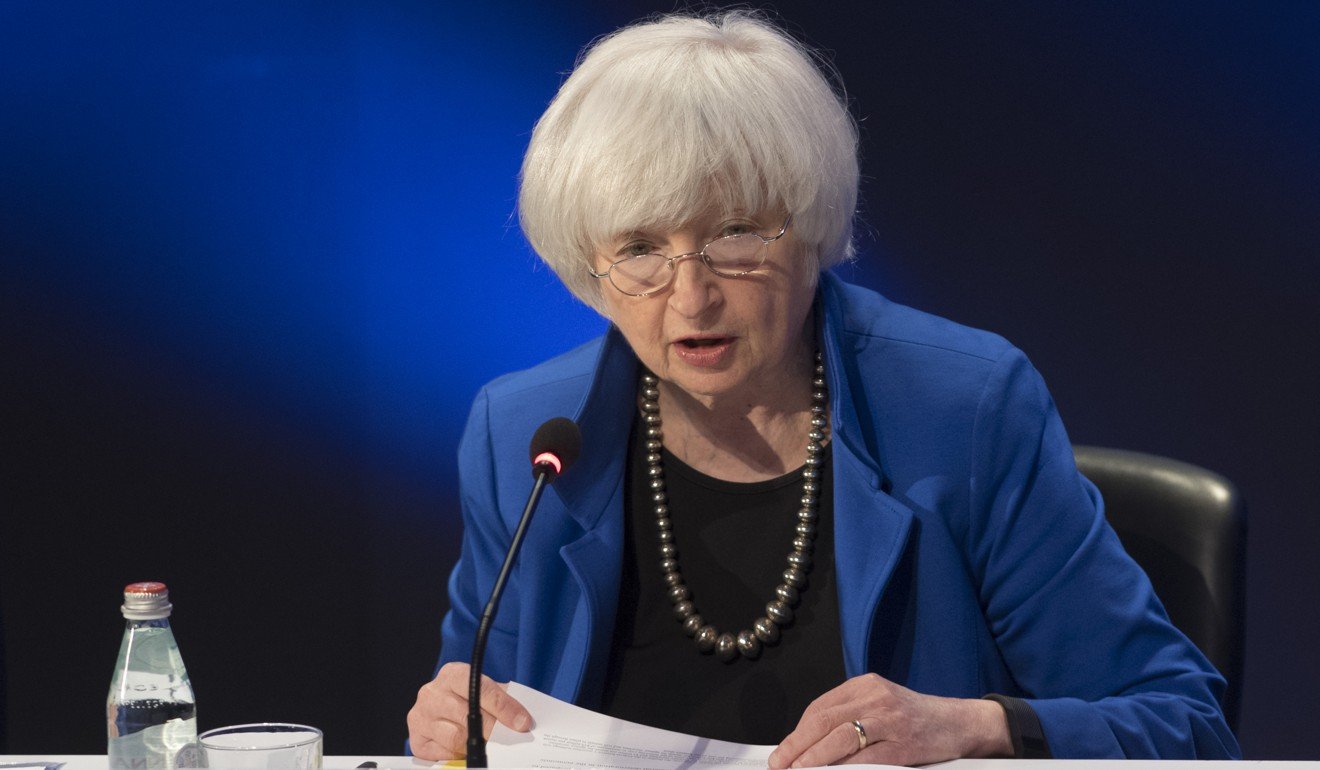Policymakers must change tack to avert the next financial crisis
‘There is bound to be major collateral damage as the global cost of borrowing rises and the flow of cheap money goes into reverse’

Our world leaders never said it would be like this. Sure, they never promised us a rose garden, but we have entered the realm of a very dysfunctional world that is becoming more difficult to grasp and manage by the day.
God help us all in the coming months as the central banks struggle to wean us off super-stimulus and return us to some form of normality. It will be tough and we will all feel the pinch.
The days of easy money are coming to an end. Policymakers have thrown a lot of goodies at us since the 2008 crash to get the global economy up and running again. The central banks stuffed our pockets full of cash, led us into the candy shop and we obliged by binging on sweets by the bucket load. Consumers, businesses and markets have all over-indulged and are due for a crash diet soon.
The central banks are being far too glib about the scale of the task ahead. US Federal Reserve Chair Janet Yellen has likened future tightening to a slow burn – “like watching paint dry”. That could not be further from the truth. If zero interest rates and the deluge of quantitative easing money were the frontline forces in defeating global pandemic back in 2008-9, there is bound to be major collateral damage as the global cost of borrowing rises and the flow of cheap money goes into reverse.
The Fed assures us the US economy should be resilient enough to withstand any ‘withdrawal shock’. After all, the economy is steaming along, close to full employment and stock markets are in celebratory mood. Surely, what is good for the US should be good enough for the rest of the world, even as the easy times begin to fade away? Or at least this is what rampant stock market bulls seem to believe right now.
Thanks to the crash there has been a dramatic reshaping of the old order. Customary economic relationships don’t work as they used to
Except times have changed, and thanks to the crash there has been a dramatic reshaping of the old order. Customary economic relationships don’t work as they used to. Under normal circumstances, US consumer spending on goods and services should account for up to 70 per cent of America’s gross domestic product, providing the powerhouse of the recovery. Sadly, it is unlikely to produce the same results in the future. The linkages have changed and US consumers are not as robust as they once were.
Despite the global deluge of cheap money, income and wealth inequality are rising. The rich have got richer, the poor have got poorer and the normally well-off middle classes have been badly squeezed. The crash has created what sociologists and economists call the “hour-glass society”. People blessed with assets have done well as financial markets have boomed, but those saddled with debt and stagnant wages remain distressed and struggling to get by.

The monetary options are drying up fast. It may be that the global economy is already beyond monetary repair, and better remedies lie outside the box. The European Central Bank is already hinting at the need to switch the focus to fiscal policy as the next big fix when the next major downturn hits home.
After years of extremely tough global austerity and debt deflation there is a growing argument for a strong dose of Keynesian economics and supply-side reflation, letting rip on deficit spending for key infrastructure and capital investment to boost productivity and promote faster trade growth around the world. The tax burden should be eased for those most likely to spend it in the real economy.
Meanwhile, tapping the super-rich with progressive taxes and closing tax haven loopholes will help fund a new wave of counter-cyclical spending and help to narrow the wealth gap at the same time.
Bigger deficit spending could also provide the answer to ultra-low bond yields. After all, we all need better investment yields, and government bond markets taking the strain might provide the solution.